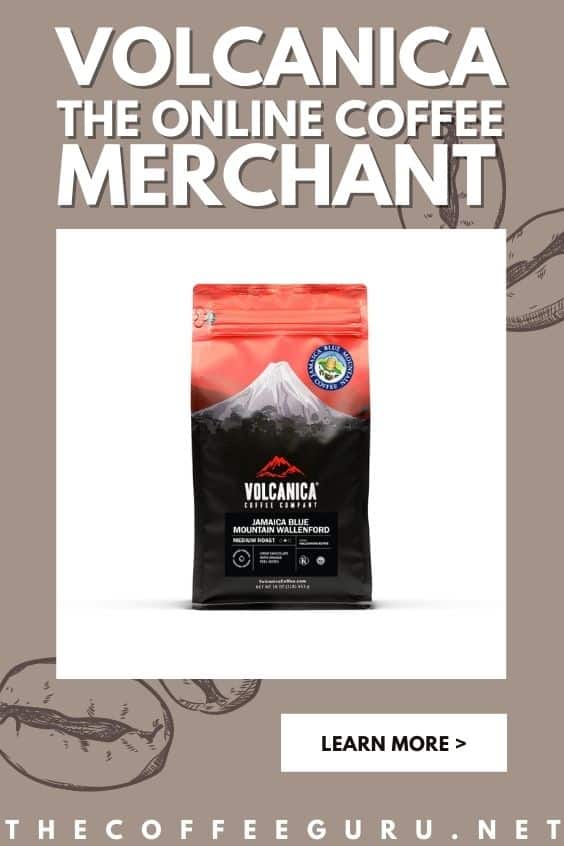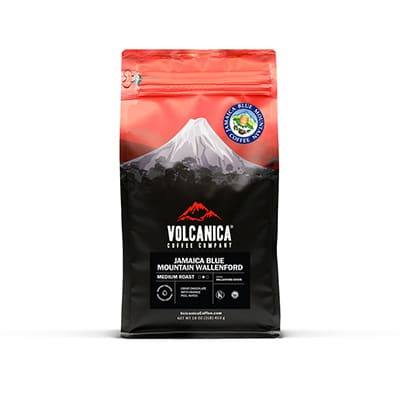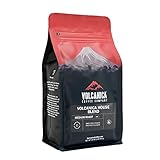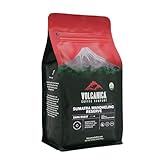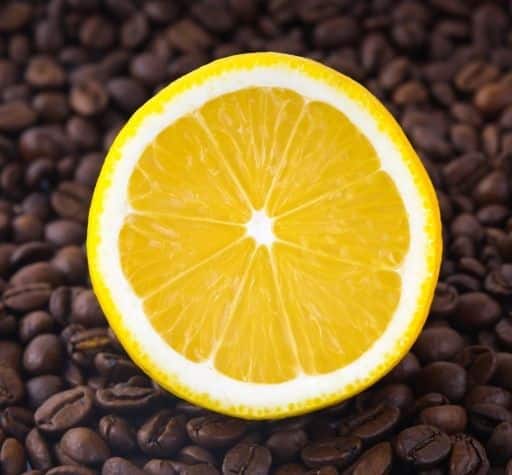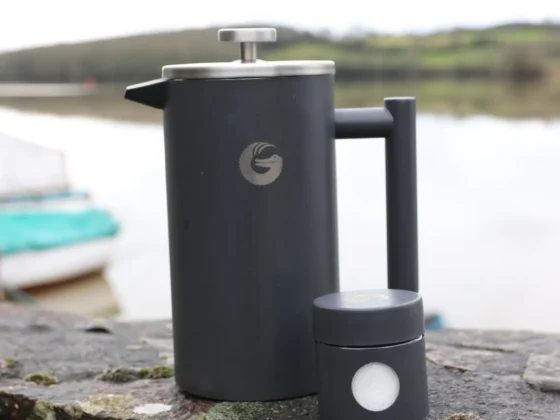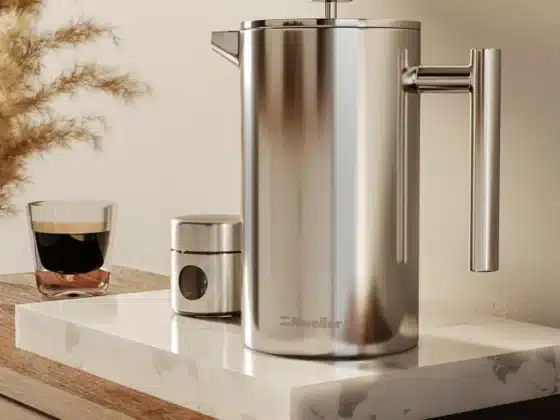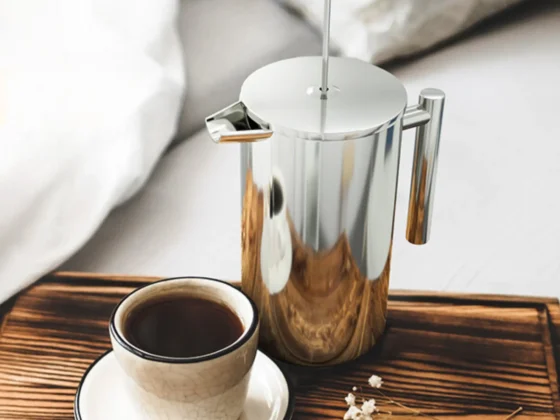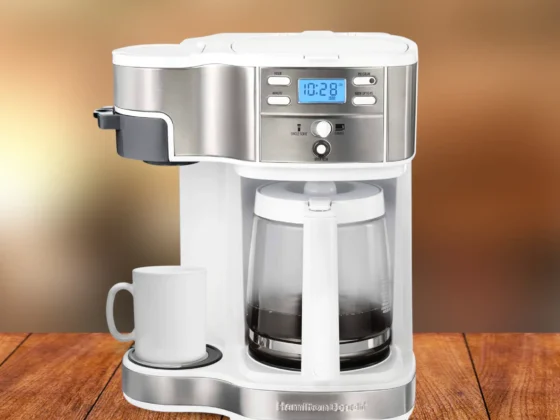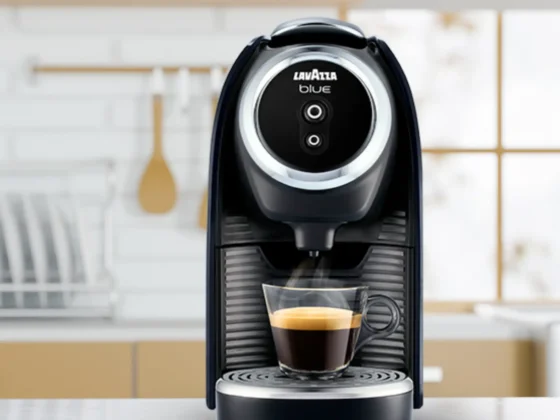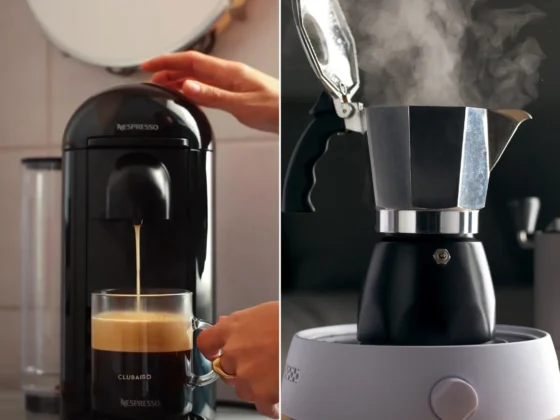For most people, coffee is a simple drink. Plain black, or smoothed out with milk or cream, sweetened with sugar or other sweet additives. Something to drink for a specific purpose, like a wake up drink in the morning, on a long road trip during the day, or a late night study session.
Mostly, we drink it because we just like coffee, and our criticism extends to whether we think it is a good cup of coffee, or not so good. In the end, it is just something we pick off the shelf at the market or grocery store, usually with a favorite brand in mind.
What is Volcanica?
Volcanica is an coffee company that has changed the game a little. Offering only online sales, this company has grown from its beginnings in 2004 (not long after the development of online “e-shopping” in the mid-1990’s) to one of the world’s largest specialty coffee retailers worldwide
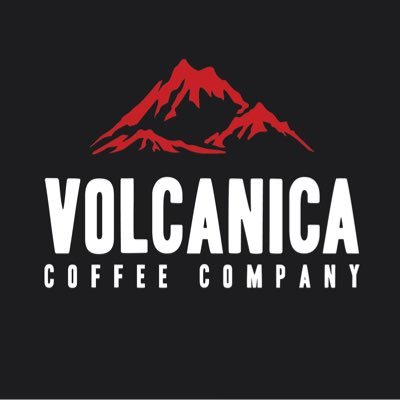
So let us explore their success and see where they came from, and how they do business in the competitive online market today.
How Volcanica Started
Costa Rica is one of the world’s best regions for coffee cultivation. It was there that Maurice Contreras, a coffee lover and connoisseur, believed that the beans grown in his home locality were so much better than what could then be bought on the shelves in American grocery stores. So he began packaging and selling local coffee beans online using his skills as a Digital Marketer.
As this side-line took off, he left his job at AT&T to develop the coffee business full-time with his family, and it is still a family-owned business, with Maurice still at the helm.
The Volcanica Website
The first thing that any would-be purchaser sees is the company website. Volcanica’s “landing page” is beautifully put together, with attractive, simple links, easy to navigate, and with a lot of customer comments listed at the bottom.
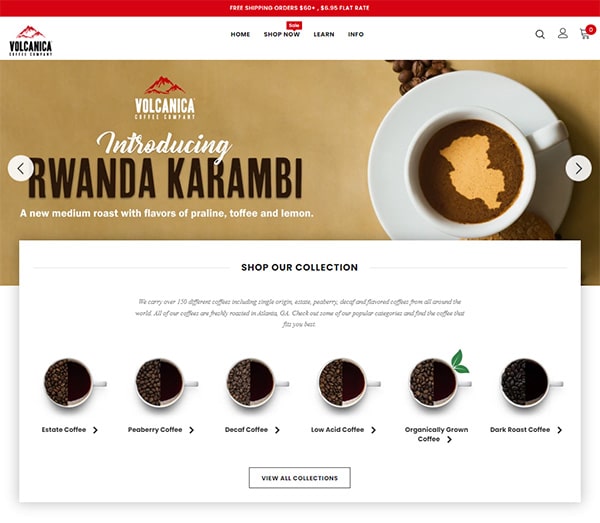
The links to various coffee styles have small pictures, each indicative of the type of coffee they lead to. The basic categories include Organically Grown, Low Acidity, Decaf and Peaberry
Then there are links to the various regions where they source their beans, the main four being The Americas, the Caribbean, Indonesia / Pacific, and Africa / Arabia
Finally there are links to coffees for which they have certification, and these are:
- Shade Grown, which is certified as grown under a natural forest canopy, which conserves humidity in the soil and provides protection of birds and other wildlife
- Fair Trade, a certification process designed to lift farmers and their workers out of poverty by persuading businesses down the supply chain to invest in helping to develop skill levels in farms and villages. This requires coffee businesses to pay over the market price for the beans, enabling farmers and their workers to have a decent standard of living, and invest in more sustainable methods of farming.
- Rainforest Alliance (RFA) certification means the growers on certified farms have learned to transform their land-use practices and conserve the wildlife around the farms. It also means that Volcanica as a distributor engages in and supports the business practices to ensure their products are environmentally friendly
- Jamaica Blue Mountain: Volcanica is certified by the Jamaican Agricultural Board as supplying 100% Jamaican Blue Mountain coffee beans.
- Organically Grown: Volcanica includes in its range a number of fully organic coffee varieties. These are grown completely without chemicals or artificial fertilizers, and these growers believe it is not only the best method of cultivation, but also the cheapest, since they rely on birds and other wildlife to take care of any pests or bugs, and use only natural manures and composts.
For all coffee lovers, this page and the links offer entry to an exciting world where they not only will be able to purchase great tasting beans, but also to learn so much more about their favorite beverage.
What are the results of Certification?
Volcanica has worked hard to build relationships with the growers, to make sure they only get the best quality. Working with RFA and Fair Trade, Volcanica also pays above the average price, so farmers do not need to cut corners to produce more.
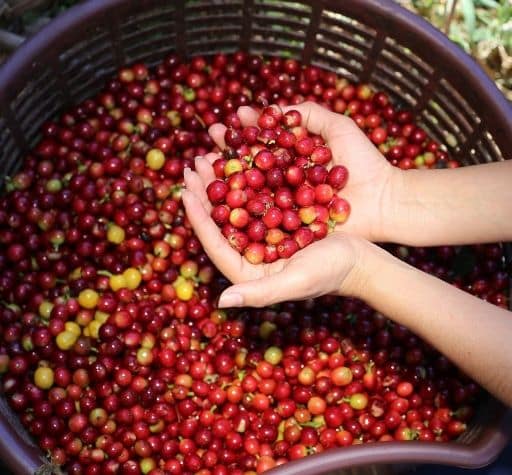
In many cases, growers who are under pressure from other companies who want them to grow a more abundant harvest at a lower price will cut down the surrounding forest so that more land is available for cultivation, and more sunlight means a faster growing crop. However this negatively impacts the bean quality.
Volcanica works with the farmers to ensure the rainforest surrounding the farms are preserved, not only because coffee plants grow better under shade, but also because the trees help to preserve the nutrients in the soils.
Where are Volcanica’s beans sourced?
Originally the Contreras family sourced their beans from local Costa Rican growers, who had plantations on the high slopes of two volcanoes. In fact, Maurice Contreras’ mother and grandparents had all worked in harvesting and picking the coffee crops there.
As they expanded their business, they realized that high quality beans could also be sourced from similar volcanic regions around the world such as Kona in Hawaii. This was the origin of the company name, Volcanica.
Farming Elevations, Soil and Climate
Volcanoes, typically, are mountainous regions, so Volcanica coffee comes from farms at elevations between 3,000 feet and 7,000 feet, some of the highest coffee growing plantations in the world.
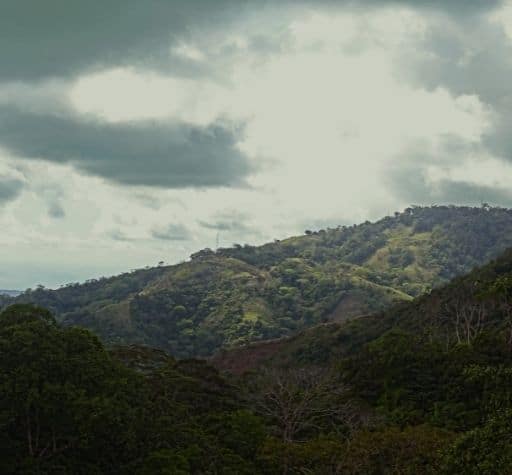
The soil on the slopes of the volcanoes tends to be dark and mineral rich, and at these elevations the climate is generally cool and misty, with good rainfall. All these factors are a guarantee of ideal conditions to grow the best coffee beans.
Roasting for Freshness
The green beans are purchased directly from the farms and shipped to their roasting facility in Atlanta, Georgia. An advantage that this online seller has over a grocery store is that Volcanica can roast the beans as soon as the customer’s order is received, so that only freshly roasted coffee is delivered to the customer.
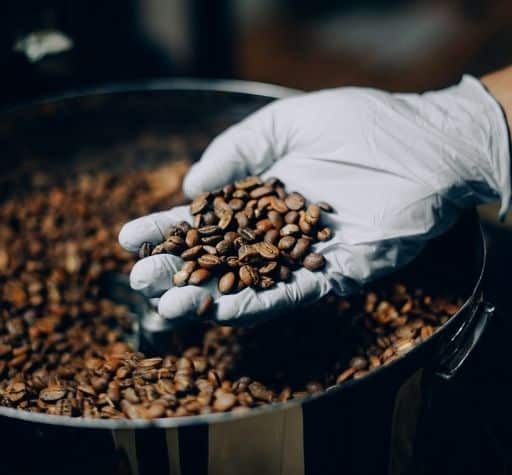
In a grocery store the beans on the shelf could have been roasted at any time and there is no guarantee that they are any way near fresh. The quality of roasted coffee begins to deteriorate after two weeks, so Volcanica always tries to make sure that the customer’s order is dispatched well within this time frame.
The only downside to online purchase is that, whereas in a store you can pick the product off the shelf and take it directly home, an item bought online, especially coffee, can be delayed due to Customs inspections or other delays in shipment and these problems are outside Volcanica’s control.
Choosing a Volcanica Coffee
Volcanica lists over 160 different coffees for sale, mostly single origin Arabica beans. They also supply ground coffee, although in an online sales situation it might be always better to purchase the whole beans and grind them yourself.
Without question, if budget is not the main concern, you should try Jamaican Blue Mountain coffee, from the Wallenford estate – one of the oldest and the largest plantations on the slopes of the Blue Mountains. This coffee, sometimes known as the Rolls Royce of coffee beans, has a natural 0.7% caffeine content, about half the caffeine of a normal coffee bean. It has low acidity, and an intense, clear, nutty taste. Definitely something to try at least once in a lifetime.
You should also take the opportunity to try one of the Organically Grown coffees. Much lower in price than Blue Mountain is the Dominican Red Honey Coffee. This coffee bean undergoes a rare fermentation process that brings out the sweetness and fruitiness of the bean. Often in limited supply, this coffee is grown by just one family on the island of Dominica, who are so environmentally conscious that they even use the gas from the fermentation process to provide power to run their plant.
If you are not a decaf drinker, you are in for a surprise if you try the Papua New Guinea Decaf coffee. It has a wonderful aroma and even better taste. For those who are unfamiliar with decaf, caffeine itself has no aroma or flavor, and the elements which decide the taste of a coffee are the oils and the acids, mainly the chlorogenic acid, which are still there after the decaffeination process. In blind tasting, most people cannot tell the difference between regular coffee and decaf.
In terms of Decaf, Volcanica offers a variety of flavors, like hazelnut, French vanilla and coconut flavored decaf – the days of decaf being considered a “brown hot water” are long gone!
The Essential Bundle
Another way to choose a great coffee is to try an Essential bundle.
This is a three-pack comprising three of Volcanica’s most popular single-origin, 100% Arabica beans. They are: Ethiopian Yirgachette, Kenya AA, and Costa Rica Peaberry.
Ethiopian Yirgachette is one that few people who are not coffee connoisseurs would have heard of – you will probably never find it on the shelf at your local market. It is a medium roast, sweet with ripe fruit and chocolate tones in the flavour.
The Kenya AA is also a medium roast, with notes of fresh cut wood in the aroma, with a crisp and savory delicate taste.
The Costa Rica Peaberry is a great example of coffee from the region where Volcanica started. Grown at 5,200 from a single estate this medium roast bean is highly prized for its intense unique honey lemon and almond flavors, and is considered to be one of the rarest in the crop.
Conclusion
Volcanica has some of the world’s best Arabica beans freshly roasted. Of course, their policies on Fair Trade and Sustainability make them one of the most expensive suppliers, which is also compounded by their desire to accept and sell only the finest quality beans available.
They sell coffee beans to people who take their beverage seriously, as would a connoisseur of fine wines.
Fortunately anybody can join this exclusive club, and a small investment will allow them to enter an exciting world of knowledge and flavor.
IF YOU’VE ENJOYED THIS ARTICLE, GIVE IT A PIN!
